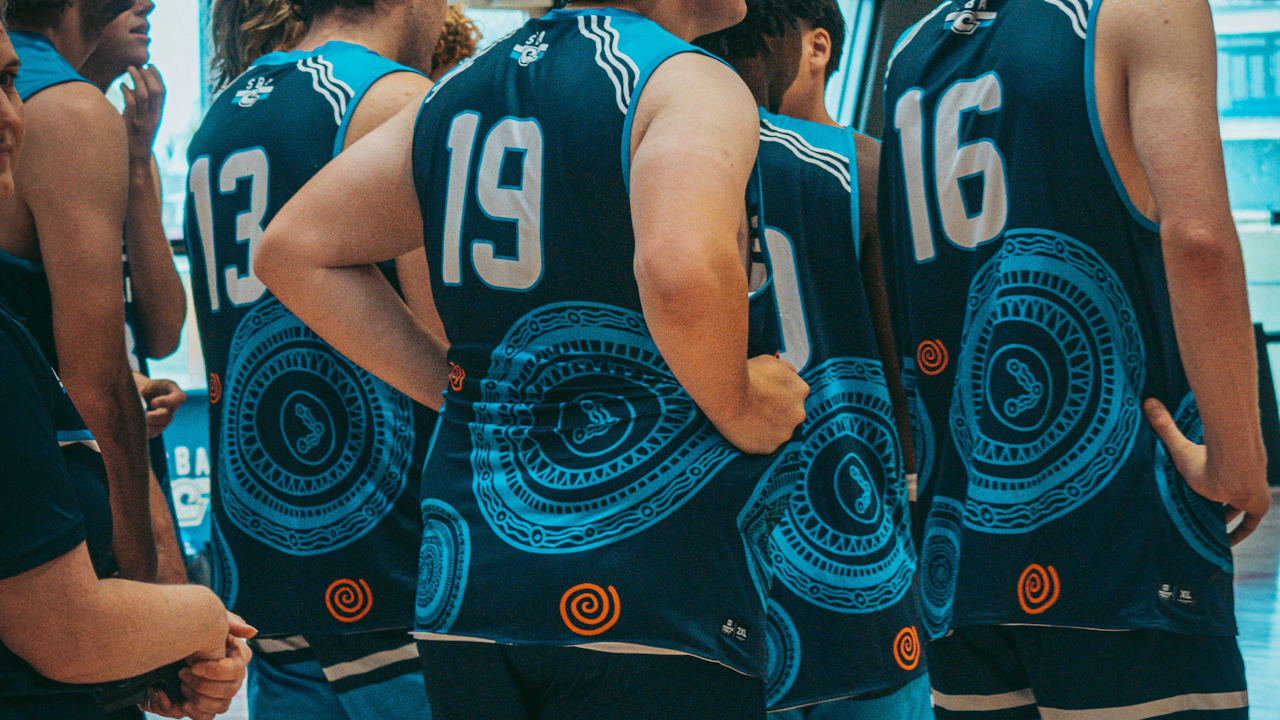In every corner of the sports world, from the Olympic Games to neighborhood courts, underdog stories captivate audiences. These are tales of athletes or teams who overcome seemingly insurmountable odds to achieve unexpected victories. Think of Leicester City winning the English Premier League in 2016, the U.S. hockey team defeating the Soviet Union in 1980’s “Miracle on Ice,” or Serena Williams winning Grand Slam titles after returning from childbirth complications. These narratives stir something deep in us. But why? What makes the underdog story so irresistible, and why do we find ourselves rooting for the long shot, even when it defies logic?
At the core, underdog stories are about hope. They offer a sense of possibility in a world often defined by hierarchy and predictability. Most people can relate more to the underdog than to the dominant force. Few of us will ever experience the life of a perennial champion, but many understand what it means to be overlooked, underestimated, or told we’re not good enough. Watching someone rise from obscurity to triumph gives us a blueprint, or at least a comforting illusion, that we too might overcome our own odds.
Sports, by nature, provide a clean framework for drama. There are winners and losers, clear rules, and public judgment. This structure intensifies the satisfaction when an underdog defies expectations. The narrative is easy to follow: David versus Goliath, the weak against the strong. It echoes ancient myths and fairy tales. The athlete or team stepping into the spotlight after years of irrelevance or hardship triggers a collective emotional response. We see ourselves in these figures, and when they succeed, it feels like a victory for the human spirit.
There’s also a psychological element rooted in fairness and justice. Research in social psychology has shown that people tend to support underdogs because they are seen as more deserving. A team with fewer resources, less talent, or more obstacles is often perceived as more virtuous. When that team challenges and beats a well-funded, heavily favored opponent, it disrupts the idea that success is only for the privileged. This disruption is emotionally satisfying. It restores balance, if only momentarily, in an unequal world.
Another reason we are drawn to these stories is the unpredictability they bring. Sports can often become monotonous when the same champions dominate year after year. Underdog victories inject surprise and excitement. They remind us that, despite all the odds, outcomes are not always predetermined. This unpredictability breathes life into sports fandom and keeps fans engaged. It adds magic to moments that might otherwise go unnoticed.
Media plays a major role in shaping these narratives. Broadcasters and journalists often emphasize the human side of athletes’ stories: the single mother who worked three jobs to get her son to practice, the refugee who found safety and purpose through sport, or the player recovering from a career-threatening injury. These backstories deepen our emotional investment and frame victories not just as athletic achievements but as human triumphs. Media outlets know that drama sells, and the underdog tale is one of the most marketable forms of drama.
Culturally, these stories align with core values in many societies, especially in places like the United States, where the “American Dream” suggests that anyone can succeed through hard work. The underdog narrative mirrors that ethos. It reinforces the belief that merit, not privilege, leads to success. Even in countries where collectivism or tradition holds more sway, the celebration of perseverance, grit, and resilience resonates. These qualities transcend borders and speak to a shared human experience.
Moreover, underdog stories create unity. Sports fans are often divided along team lines, but when a true underdog begins to make a run, even rival supporters can find themselves cheering together. It becomes a moment of rare solidarity. When something that wasn’t supposed to happen does happen, it reminds people of the power of collective belief. In a time when division often dominates headlines, shared joy in an unlikely victory provides a welcome escape.
It’s also worth noting the motivational power these stories hold. Young athletes watching an underdog succeed may feel inspired to keep chasing their dreams. Adults navigating struggles in life or work can take heart from seeing that determination can yield rewards. These stories offer more than entertainment. They can push people to keep going, to take risks, and to believe in their own potential.
In the end, our addiction to sporting underdog stories speaks to something larger than just a love for competition. It speaks to our need for hope, our desire for fairness, and our craving for inspiration. These tales are reminders that the outcome is never entirely fixed, that the unknown still has a role to play, and that greatness can emerge from unexpected places. In a world full of challenges and setbacks, the underdog’s rise becomes a symbol of what might still be possible for us all. That’s why we keep watching, keep hoping, and keep cheering for the long shot.

